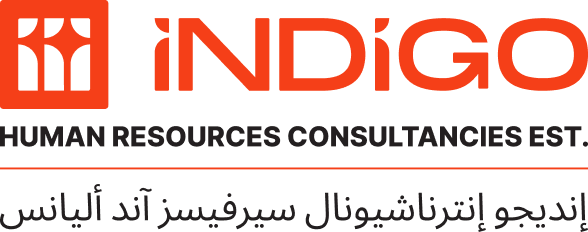In the fast-paced and dynamic landscape of today’s business world, the need for strategic planning has never been more crucial, particularly when it comes to the recruitment of workers, including foreign talents. Companies worldwide are recognizing the strategic advantages of planning and executing a well-thought-out hiring strategy. In this blog post, we will delve into why contemporary businesses find it essential to plan their workforce, with a specific focus on the recruitment of foreign employees.
1. Meeting Skill Gaps in the Global Market:
In an era where skills and expertise are diverse and specialized, companies are strategically planning their recruitment efforts to bridge skill gaps. Planning allows businesses to identify the specific skills and talents they need, including those that may not be readily available in the local workforce. By considering foreign candidates, companies can tap into a global pool of talent, bringing unique skills and perspectives to their teams.
2. Navigating Demographic Changes:
Many countries are experiencing demographic shifts, including an aging population and a decline in the working-age demographic. To counterbalance these changes and maintain a competitive edge, companies are proactively planning their workforce composition. Integrating foreign workers becomes a strategic move to ensure a diverse and vibrant workforce, fostering innovation and adaptability.
3. Addressing Labor Shortages and Industry-specific Needs:
Strategic recruitment planning is crucial for companies facing labor shortages in certain industries. Whether it’s in the technology sector, healthcare, or manufacturing, planning ahead enables businesses to identify potential shortages and actively seek skilled workers from abroad. This not only helps maintain productivity but also contributes to the overall economic growth of the region.
4. Adapting to Technological Advancements:
The rapid evolution of technology has transformed the way businesses operate. Companies are strategically planning their workforce to adapt to these technological advancements. This may involve recruiting foreign workers with specialized tech skills or creating a diverse team capable of navigating the complexities of the digital age.
5. Global Talent for Global Markets:
With the increasing globalization of markets, companies are recognizing the importance of having a workforce that reflects the diversity of their customer base. Strategic recruitment planning involves seeking employees with language skills, cultural awareness, and an understanding of international markets. This enables companies to effectively navigate the challenges and opportunities presented by global business environments.
6. Navigating Regulatory and Legal Frameworks:
Planning recruitment efforts involves a deep understanding of the regulatory and legal frameworks associated with hiring foreign workers. Companies are strategically planning to navigate these complexities, ensuring compliance with immigration laws and employment regulations. This proactive approach minimizes legal risks and contributes to a smooth and efficient recruitment process.
7. Enhancing Workplace Diversity and Inclusion:
Recognizing the benefits of a diverse and inclusive workplace, companies are incorporating these principles into their strategic recruitment planning. Actively seeking foreign employees contributes to a rich tapestry of experiences, perspectives, and ideas. This diversity fosters innovation, creativity, and a positive work culture.
8. Mitigating Economic Uncertainties:
Economic uncertainties, such as those posed by global events or market fluctuations, can impact workforce planning. Companies are strategically mitigating these uncertainties by diversifying their workforce. Planning for contingencies and having access to a global talent pool provides flexibility and resilience in the face of economic challenges.
In conclusion, strategic workforce planning, especially in the context of recruiting foreign employees, has become a cornerstone for companies aiming to thrive in today’s competitive business environment. By proactively addressing skill gaps, demographic changes, industry-specific needs, technological advancements, and global market dynamics, businesses can position themselves for success. The ability to navigate regulatory frameworks, enhance diversity and inclusion, and adapt to economic uncertainties further underscores the importance of a well-executed recruitment strategy in the global workforce landscape. As businesses continue to evolve, those with a strategic approach to workforce planning will undoubtedly lead the way in innovation, growth, and sustainability.


